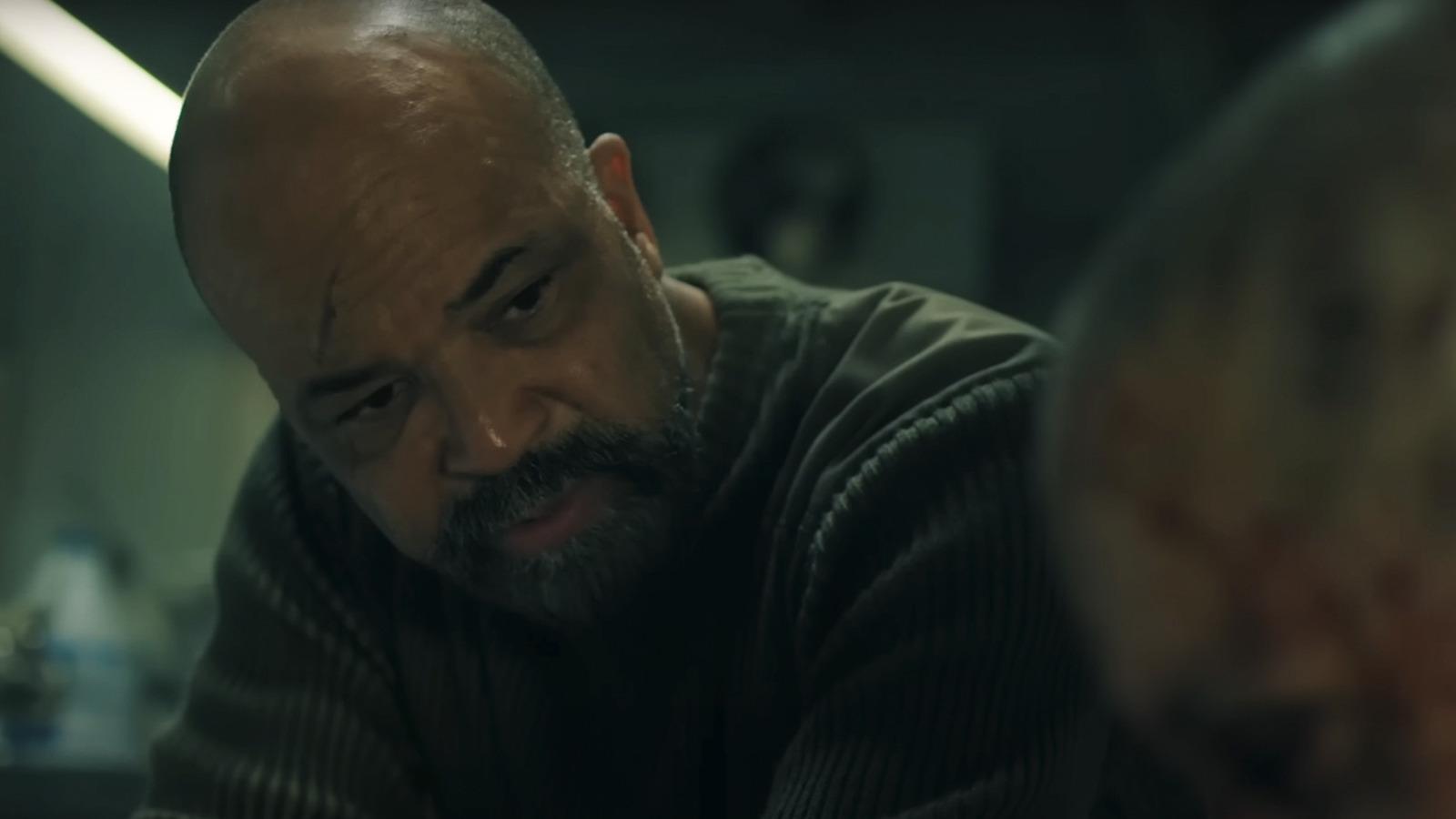
This article contains spoilers for “The Last of Us” season 2, episode 4.
He’s been name-dropped before, but “The Last of Us” season 2, episode 4 finally shows us exactly what he’s made of. Isaac Dixon (Jeffrey Wright) is a top guy of the Seattle-based militia faction known as the Washington Liberation Front, and as his inventively nasty frying pan interrogation of a Seraphite prisoner suggests, he’s not a particularly nice guy if you’re playing for the opposing team.
Advertisement
Wright reprises the role from Naughty Dog’s “The Last of Us Part II” video game, and as fans who are familiar with it already know all too well, the first impressions of the character are quite correct. Not only did Isaac sanction Abby Anderson’s (Kaitlyn Dever) revenge mission that concluded with the absolutely brutal death of Joel Miller (Pedro Pascal), but if his arc follows the beats of “The Last of Us Part II,” he’s also set to become a significant personal threat to a number of other major characters … and, of course, his WLF “Wolves” are a threat to just about everyone else in the Seattle area. Here’s a quick look at Isaac, and what the viewers can potentially expect from him on HBO’s “The Last of Us.”
Advertisement
Isaac is a military man and a sworn enemy of the Seraphites
Though both versions of the character share the same actor, a military background, and a ruthless hatred of the Seraphites, the show’s Isaac seems to be a touch different from the game version. In “The Last of Us Part II,” the WLF bigwig is introduced in the middle of interrogating a Seraphite in a decrepit public bathroom. On the show, that scene takes place in a well-equipped kitchen, and Isaac demonstrates an affinity for quality kitchenware — copper pans in particular. This sprinkle of personality is a new addition, as is the scene’s increased focus on Isaac’s brutality. This is an effective way to establish him as a man of culture and a skilled torture technician in one fell swoop.
Advertisement
Of course, this is not the first time we meet Isaac on the show. Earlier in the episode, we see his capacity for violence in a flashback scene that shows he used to be a non-commissioned FEDRA officer who defected to the nascent Wolves, killing the majority of his old crew while doing so. Compare this to “The Last of Us Part II” version of the character, a Marine Corps veteran who was anti-FEDRA from the get-go, and it seems that the show intends to flesh out the character in ways that the game never really attempts. This will likely turn out to be a very good move, since the game version of Isaac is a major antagonist, but also a fairly one-dimensional “either you’re with me or against me”-style militant dictator type. Besides, it’s hard to see even the most change-averse fans objecting if the show opts to let a performer of Jeffrey Wright’s caliber cook (no pun intended).
Advertisement
Isaac will cause Abby a whole heap of trouble
As anyone who’s played the game knows, Isaac doesn’t personally interact with Ellie (Ashley Johnson in the games, Bella Ramsey on the show) in “The Last of Us Part II.” However, without going into too many spoilers, the WLF leader ends up causing truly severe problems for Abby as her storyline progresses and their worldviews begin to differ.
Advertisement
Isaac’s relationship with Abby is that of a commander and a trusted underling rather than the surrogate father-daughter bond between Joel and Ellie, and the game doesn’t really attempt to draw serious parallels between the two generational relationships. Isaac also gets so little character development that he doesn’t even really compare to some other notorious “The Last of Us” faction leaders — say, the cannibalistic deviant David (Nolan North in the game, Scott Shepherd on the show) from the first game and the show’s first season.
However, the show is notorious for both respecting the source material and experimenting with new things like jaw-dropping sequences that bring the show to “Game of Thrones” territory. The show also has a tendency to elevate supporting characters, best shown by Bill (Nick Offerman) and Frank’s (Murray Bartlett) relationship in the season 1 standout episode “Long, Long Time.” It remains to be seen whether HBO’s “The Last of Us” intends to use Wright’s WLF leader to fill the Pedro Pascal-sized hole the show has after Joel’s death by dramatically expanding his role and screen time, but “The Last of Us” season 2, episode 4 certainly hints that the show has plenty more Isaac in store.
Advertisement
New episodes of “The Last of Us” hit HBO and Max on Sunday nights.



